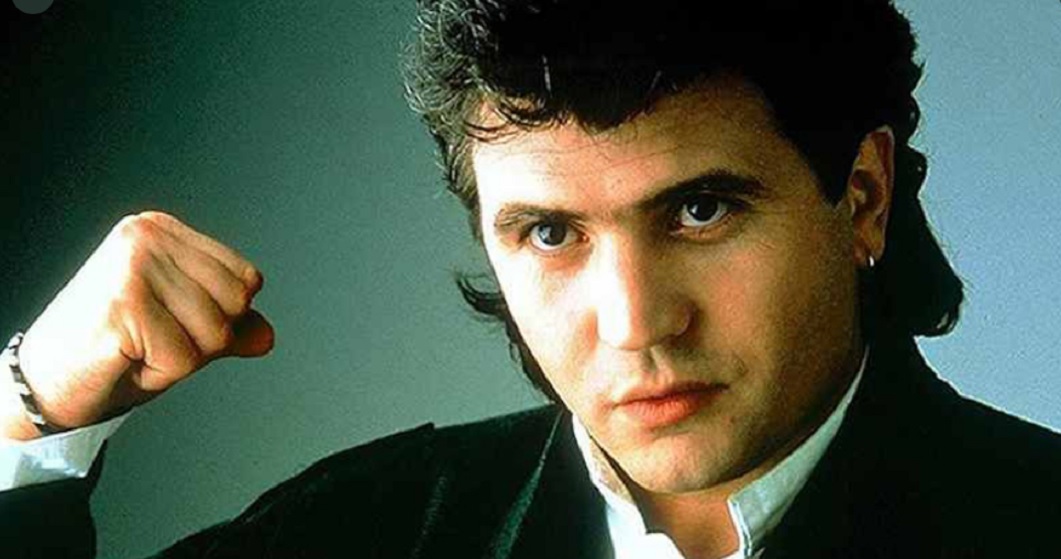Daniel Balavoine: Google doodle to honor French singer, songwriter, & activist

- Country:
- France
Today Google illustrates a doodle to celebrates French singer, songwriter, and activist Daniel Balavoine, a rebellious yet sensitive champion of pop music and human rights.
On this day in 1978, Daniel Balavoine released his third album “Le Chanteur” (“The Singer”), an emotional reflection on the preciousness of life that skyrocketed his career.
Daniel Balavoine was born on February 5, 1952, in Alençon, France. In his teens, he fought passionately for social causes with the energy he began to channel into music in 1970. He was the youngest in a family of six children. His father, Emile, was an urban engineer and worked for the Reconstruction Ministry. His mother was an antique wholesaler.
In 1959, his father relocated to Algeria, while Daniel moved to the southern city of Pau and attended a boarding school. In 1968, while attending high school, he was one of the many youths who supported the nationwide strikes.
Although his early musical efforts flew under the radar of mainstream success, Daniel Balavoine’s career began to pick up steam when Swiss pop star Patrick Juvet featured him on one of his albums.
In 1975, Daniel Balavoine continued to build momentum with the release of his debut solo album “De Vous à Elle en Passant Par Moi” (“From You to Her Through Me”). A 1977’s televised performance was one of his sophomore album’s hit songs, “Lady Marlène,” captivated French pop icon, Michel Berger.
Michel Berger commissioned Daniel Balavoine to play Johnny Rockfort in his cyberpunk rock opera “Starmania.” The role was a smash hit that set the stage for Balavoine to become a successful innovator of French electronic pop.
In 1980, he released a hit album, “Un Autre Monde” (“Another World”), featuring some of his most famous songs, such as “Je Ne Suis Pas un Héros” (“I’m not a Hero”), “Mon Fils, ma Bataille” (“My Son, My Battle”), and “La Vie ne M’Apprend Rien” (“Life Teaches me Nothing”).
In that same year, on television, he issued a call to action to politician François Mitterrand with a challenge to do more for the youth. This was a defining moment for Balavoine’s legacy as not only a musician but a vocal activist for the community and symbol for France’s next generation.
In addition to the over 20 million records he sold, Balavoine was a devoted humanitarian. He focused much of his efforts on improving the lives of residents in remote villages of the African Sahara, especially in Mali, where he planned to supervise the installation of water pumps near the route of the 1986 Paris-Dakar rally car race.
Daniel Balavoine tragically lost his life during this trip, but his legacy has lived on. That same year, Balavoine’s final album “Sauver L'Amour” (“Save Love”) won a posthumous Victoire de la Musique award, one of French music’s highest honors.
Here’s to you, Daniel Balavoine!
Also Read: Google doodle to honor Japanese composer Akira Ifukube on his 107th birthday










